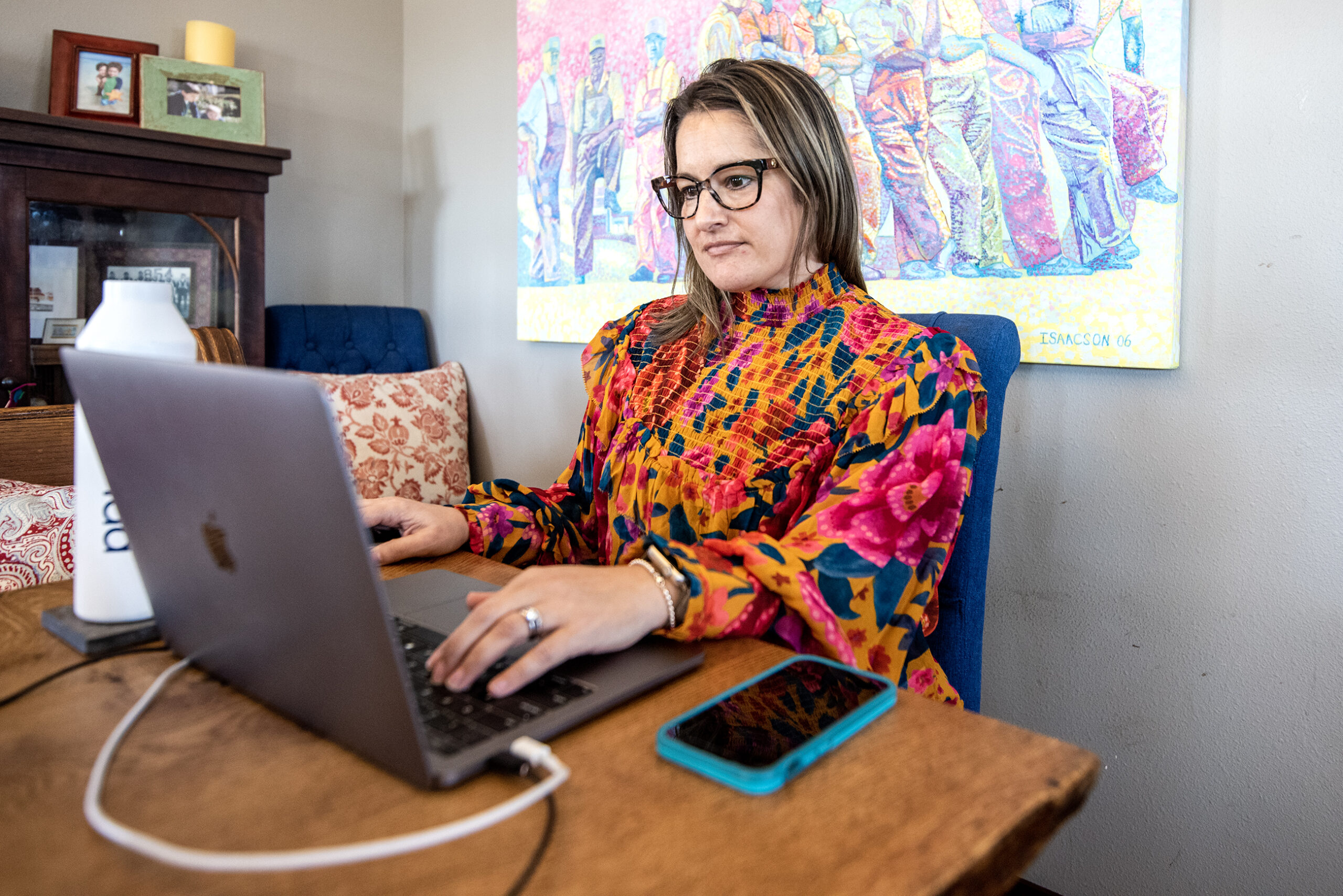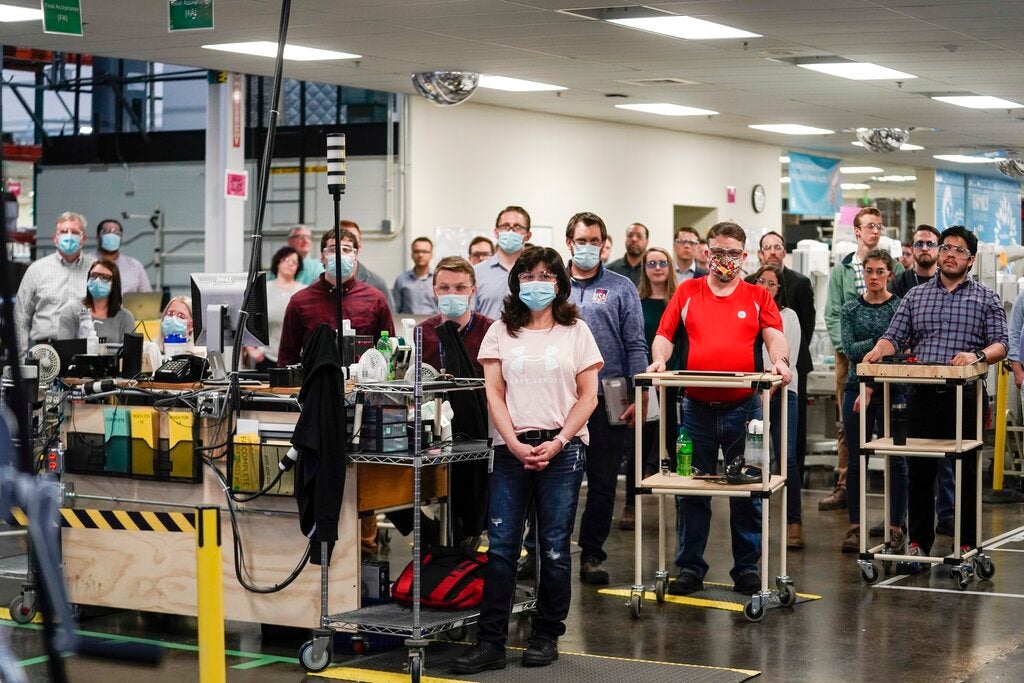Last August, when coronavirus cases were stabilizing after an early summer peak — but before they shot up to levels that threatened hospital capacity — Epic Systems tried to get workers to return to the office.
Many didn’t want to. Dane County health officials weren’t keen on the plan either.
Ten months later, the medical software company is easing employees into a hybrid work model. Starting July 19, what company officials have dubbed Welcome Home Day, employees will have to be in the office at least three days a week.
Stay informed on the latest news
Sign up for WPR’s email newsletter.
By August, employees will have to be in the office four days a week. In September and October, they’ll be able to work from home one day, every other week. The hybrid model will be reassessed in November, said Kristen Dresen, a member of Epic administration team.
Employee reaction has generally been more receptive this time around.
“I’m excited to go back and be on campus. I definitely was not comfortable bringing people back in the middle of the pandemic,” said Louise, who asked that a pseudonym be used for fear of company reprisals.
Her change in attitude, she said, is based on Dane County’s high vaccination rate and also the availability of child care. During the worst of the pandemic, many schools were closed for in-person learning.
Of Epic’s nearly 10,000 employees, 94 percent are partially or fully vaccinated. Dresen said the company has no plans at this time to require COVID-19 vaccination. A GOP bill which got a public hearing Wednesday would prevent employers from mandating the vaccine.
“I feel fairly safe,” said John, who spoke on the condition only his middle name be used.
That’s a far cry from how he felt last August when he told WPR he feared “ending up on a ventilator” because the medication he takes to suppress his immune system to treat irritable bowel syndrome could leave him vulnerable to coronavirus infection.
Now, he said he believes herd immunity will ensure his safety as the company brings workers back. But he still has concerns.
“I work with some amazing coworkers who are in the process of leaving the company due to our lack of flexibility with remote work. I believe it is unwise to deny the changes the pandemic has had on the market and workforce,” he said.
“Epic does not appear to be using the new ways of working built over the last 18 months to make it a more sustainable place to work,” said Mark, a former Epic employee who left in 2018 and was not comfortable having his real name publicly disclosed.
Because Epic was deemed an essential health care business, the campus never closed. Some employees worked on campus throughout the pandemic. Beginning in late March through May of last year, company spokesperson Barb Hernandez said 90 percent of employees were working from home.
By fall 2020, more than a third of employees had returned to campus. About half of Epic workers are currently voluntarily coming into the office, Hernandez said.
“Working together is just who we are. We do our best work that way,” said Dresen. “It’s meeting in a room with a white board and sharing ideas, spur of the moment creativity that happens.”
Wisconsin Public Radio, © Copyright 2024, Board of Regents of the University of Wisconsin System and Wisconsin Educational Communications Board.






